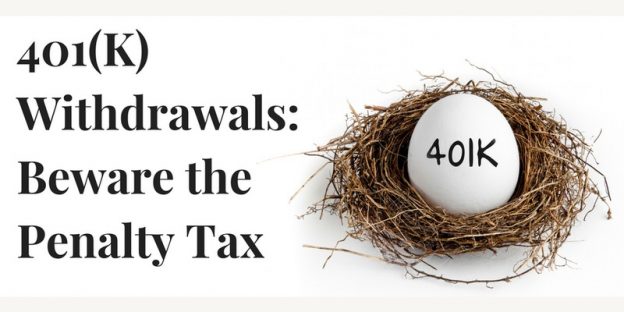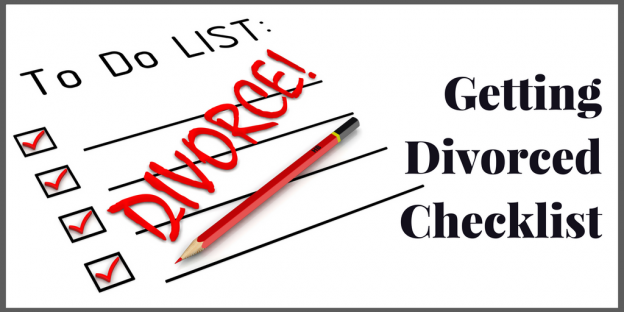
You’ve probably heard that if you withdraw taxable amounts from your 401(k) or 403(b) plan before age 59½, you may be socked with a 10% early distribution penalty tax on top of the federal income taxes you’ll be required to pay. But did you know that the Internal Revenue Code contains quite a few exceptions that allow you to take penalty-free withdrawals before age 59½?
Sometimes age 59½ is really age 55…or age 50
If you’ve reached age 55, you can take penalty-free withdrawals from your 401(k) plan after leaving your job if your employment ends during or after the year you reach age 55. This is one of the most important exceptions to the penalty tax.
And if you’re a qualified public safety employee, this exception applies after you’ve reached age 50. You’re a qualified public safety employee if you provided police protection, firefighting services, or emergency medical services for a state or municipality, and you separated from service in or after the year you attained age 50.
Be careful though. This exception applies only after you leave employment with the employer that sponsored the plan making the distribution. For example, if you worked for Employer A and quit at age 45, then took a job with Employer B and quit at age 55, only distributions from Employer B’s plan would be eligible for this exception. You’ll have to wait until age 59½ to take penalty-free withdrawals from Employer A’s plan, unless another exception applies.
Think periodic, not lump sums
Another important exception to the penalty tax applies to “substantially equal periodic payments,” or SEPPs. This exception also applies only after you’ve stopped working for the employer that sponsored the plan. To take advantage of this exception, you must withdraw funds from your plan at least annually based on one of three rather complicated IRS-approved distribution methods.
Regardless of which method you choose, you generally can’t change or alter the payments for five years or until you reach age 59½, whichever occurs later. If you do modify the payments (for example, by taking amounts smaller or larger than required distributions or none at all), you’ll again wind up having to pay the 10% penalty tax on the taxable portion of all your pre-age 59½ SEPP distributions (unless another exception applies).
And more exceptions…
Distributions described below generally won’t be subject to the penalty tax even if you’re under age 59½ at the time of the payment.
- Distributions from your plan up to the amount of your unreimbursed medical expenses for the year that exceed 10% of your adjusted gross income for that year (You don’t have to itemize deductions to use this exception, and the distributions don’t have to actually be used to pay those medical expenses.)
- Distributions made as a result of your qualifying disability (This means you must be unable to engage in any “substantial gainful activity” by reason of a “medically determinable physical or mental impairment which can be expected to result in death or to be of long-continued and indefinite duration.”)
- Certain distributions to qualified military reservists called to active duty
- Distributions made pursuant to a qualified domestic relations order (QDRO)
- Distributions made to your beneficiary after your death, regardless of your beneficiary’s age
Keep in mind that the penalty tax applies only to taxable distributions, so tax-free rollovers of retirement assets are not subject to the penalty. Also note that the exceptions applicable to IRAs are similar to, but not identical to, the rules that apply to employer plans.
Important Disclosure














